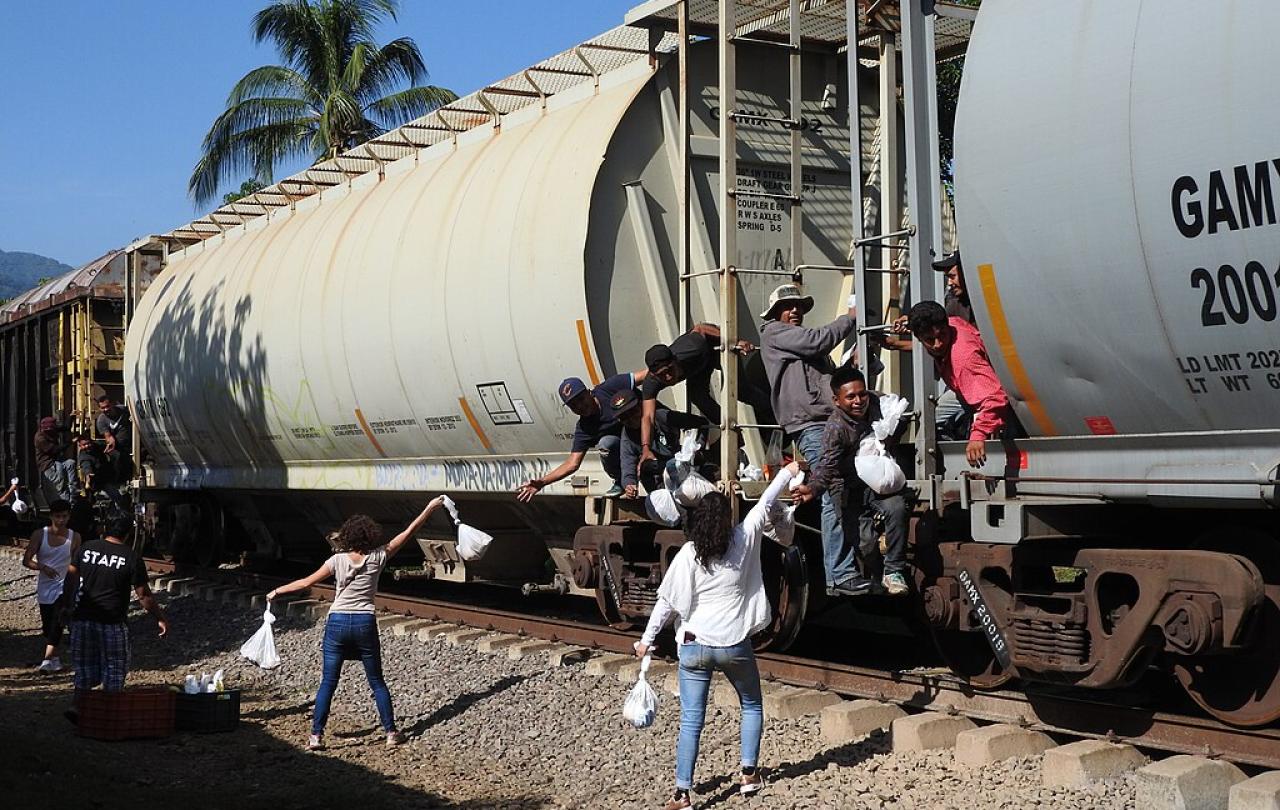
In January 2023 the Church of England committed £100m to invest in communities affected by historic slavery. Rightly so. Research since 2019 shows that the wealth it accumulated through historic investment in a slave trading company and receiving gifts from slave traders, may still benefit its finances today. This past is, as the Archbishop of Canterbury says, shameful. So, it is only right that these actions are addressed.
This story also highlights the complex relationship between Christianity and enslavement. On one hand, inspired by their faith, Christians led the fight for abolition. But on the other, some Christians supported and benefitted from the enslavement of other humans. And, the further back we look in history, the more Christians seem to accept enslavement as part of the fabric of society.
There is, however, an exception. In the late fourth century AD, Gregory of Nyssa, a bishop and theologian, critically examined this practice of enslavement, which so many others did not even think to question, and explicitly names it as a sin, about a millennium and a half before the abolitionist movements. Gregory is, in this way, a light in the darkness and an inspiration to Christians today.
He is convinced, on a fundamental level, that the domination of one human being over another in slavery is incompatible with Christian belief. In one of his sermons on the biblical book of Ecclesiastes, delivered in Cappadocia (Turkey), he calls slavery a sin.
It is a ‘gross example of arrogance… for a human being to think himself the master of his own kind’: When someone…arrogates dominion to his own kind, so as to think himself the owner of men and women, what is he doing but overstepping his own nature through pride, regarding himself as something different from his subordinates?'
It is wrong to dominate others, because all human beings share the same fundamental nature. That nature is being made in the image of God:
'God said, let us make man in our own image and likeness. If he is in the likeness of God, and rules the whole earth, and has been granted authority over everything on earth from God , who is his buyer, tell me?'
Since we are made in the image of God, we share His freedom to choose our own path, be it good or evil. When you enslave another, you take away this fundamental freedom and treat them as if they are animals, lower than the image of God:
'Why do you go beyond what is subject to you and raise yourself up against the very species which is free, counting your own kind on a level with four-footed things an even footless things?'
Therefore, Gregory says it is a shameful arrogant pride to enslave another human being, because you treat that which is made in the image of God as less than human, denying them the freedom God has given them.
We see this conviction about slavery as domination playing out in his biography of his sister Macrina. As wealthy aristocrats, his family owned enslaved people. Yet, at the heart of his narrative about his sister’s life, he explains how she began to treat her family slaves as equals:
'Weaning her [mother] from all that she had been accustomed to, she led her down to her own standard of humility, showing her how to live in equality with the whole body of virgins (slaves), that is, by sharing with them the one table, the same kind of bed, and all the necessities of life on an equal basis, with every distinction of rank removed from their life.'
Gregory does not explicitly say she freed these enslaved people, but inviting an enslaved person to share one’s table was a way of freeing them called manumissio inter amicos. In these passages, he particularly praises Macrina for undoing destructive relationships of domination, where one human treats another as less than themselves and lower than the image of God.
Gregory isn’t perfect. His condemnation of enslavement centres on the enslaver: he encourages his audience to avoid the moral pitfall, rather than expressing concern for the enslaved people. In another text he says it is good to free slaves, but he does not appear to campaign to end slavery. As we saw in the biography of his sister, he is so concerned to undo the relationships of domination of one person over another, that he is less clear if these people are free to leave. Finally, there is no evidence from his contemporary theologians that Gregory persuaded anyone else that slavery was a sin. In these ways, from our perspective today we would want Gregory to go further to dismantle slavery, or shift his perspective.
But, we don’t need him to be perfect. He offers a light in the darkness, not the rising of the sun. Gregory is an inspirational example of critically examining the fabric of one’s society, looking at the relationships and structures everyone takes for granted, and having the clarity and courage to see and proclaim that they are fundamentally incompatible with what he thinks the Bible says about the worth of human beings.
Many Christians are inspired by this way of thinking today. Even if they don’t know Gregory of Nyssa’s name, they will be drawn to charitable giving, certain professions, or activism, out of a deep desire for all to be treated with equality, because all are made in the image of God. To name one example of many. In the UK, Christians were heavily involved in the real living wage campaign. Society at large told them it was impossible to pay a wage where one did not need to choose between feeding and seeing one’s children. But, they campaigned alongside other community groups so that workers are being paid enough to live on, because they were convinced, like Gregory, that all human beings are due the same dignity and worth.





